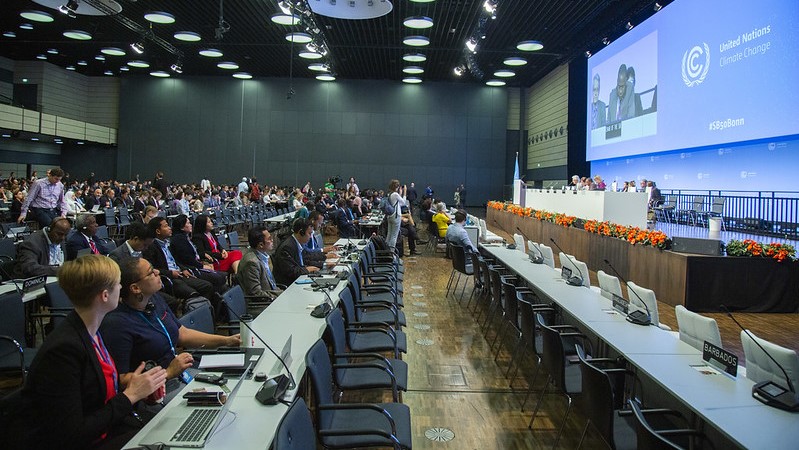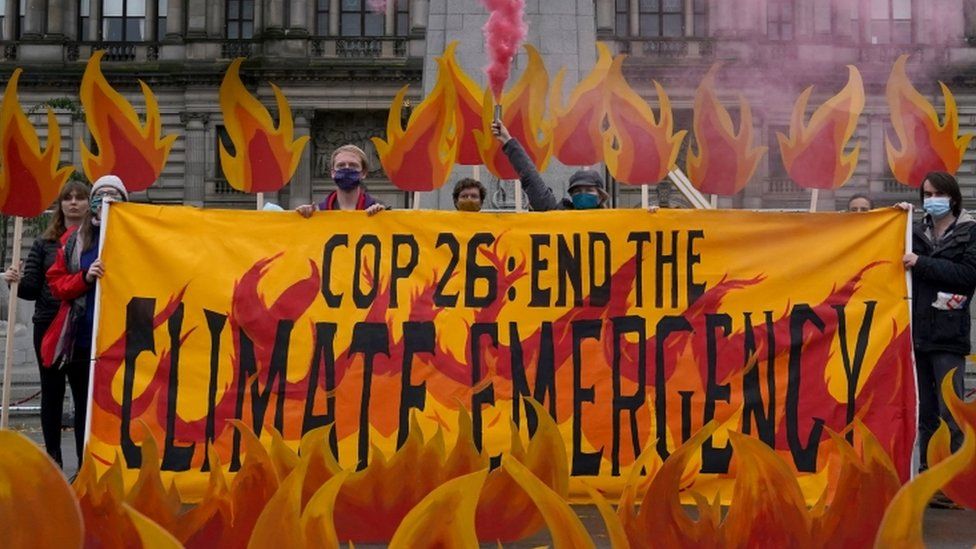The UNFCCC’s 26th Conference of Parties (COP26) brought together in Glasgow almost 40 000 people from national government delegations, civil society, business and finance. Due to take place in 2020, the COP was delayed one year by COVID-19.
As a UNFCCC-registered business observer group the Carbon Market Institute (CMI) supported business members attendance at the COP and engaged across various events, hosting three special COP26 Carbon Conversations, and sharing a range of updates and commentaries throughout the conference via the CMI COP26 Hub.
CMI’s annual Key Takeaways report delves into the decisions, outcomes and importantly, the implications of COP26 for Australian business. The report outlines our six key takeaways from the formal decisions agreed at COP26, noting particularly after six years the confirmation of Article 6 rules for global carbon markets. To this end we have also provided an Article 6 Rulebook Explainer guide that outlines the key elements of the rules and forward workplans for countries over the next 12 months.
CMI’s Key Takeaways from COP26 Glasgow
- COP26 boosted climate ambition but, recognising more action and ambition is critical this decade, ensured Australia and others will be under greater scrutiny at COP27 and COP28’s global stocktake.
- New rules for international cooperation and carbon markets, provide a platform for high integrity, transparency and comparability but will require corporate and national vigilance on integrity and emission reduction.
- Global capital costs and risks are rising for carbon-intensive countries, companies and projects amidst deepening investor activity, corporate disclosure requirements and carbon trade instrument development
- There is greater emphasis on the importance of protecting, conserving and restoring nature and ecosystems, including forests and other terrestrial and marine ecosystems in achieving net-zero emissions. Australia is well positioned to become a global leader in nature-based solutions development, knowledge brokering, finance and capacity building but needs to nurture its crediting mechanism integrity frameworks and have a more credible emissions reduction trajectory.
- Whether its phase down or phase out, global focus shifts to managing the transition from fossil fuels and the need to do this in a “just” inclusive way.
- Failure to deliver on public and private climate finance pledges remains a stumbling block with commitments to double adaptation funding and a “dialogue” on Loss and Damage barely keeping developing countries at the table; this issue to be central to COP27 and future progress.
CMI’s COP26 Key Takeaways resources are shared below.






